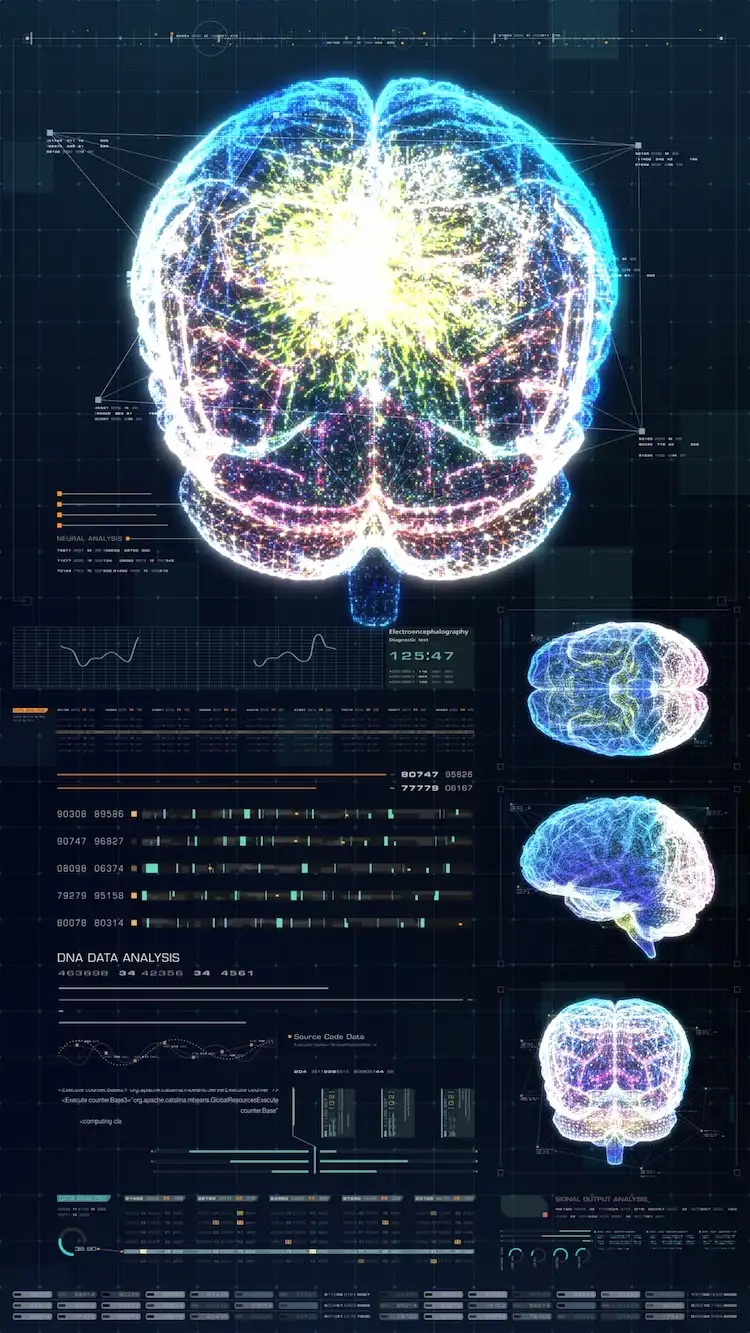New study results provide important information about how high salt consumption affects neurons and blood flow in the brain. To investigate what is known as neurovascular coupling, or hyperemia, the researchers analyzed the relationship between salt intake and poor blood flow in the brain. In addition, the new knowledge could help better diagnose and treat diet-related brain disease contribute.
Could Excessive Salt Consumption Cause Brain Disease?
The research team focused on the hypothalamus. This is a deep region of the brain that is involved in critical body functions such as drinking, eating, regulating body temperature, and reproducing. Accordingly, the scientists examined how the blood flow to the hypothalamus changes in response to salt intake. You chose salt because the body needs to control sodium levels very carefully. In addition, there are special cells that recognize how much salt is in the blood. By consuming salty food, the brain activates a number of compensation mechanisms to lower the sodium level again. The body does this in part by activating neurons that release vasopressin. This is an antidiuretic hormone that plays a key role in maintaining proper salt levels. Surprisingly, the researchers found a decrease in blood flow in the brain when it activated the neurons in the hypothalamus.

In Alzheimer’s disease, stroke or ischemia, decreased blood flow to the cerebral cortex is usually observed, which contrasts with the study results. The team called the phenomenon “inverse neurovascular coupling”. It involves a decrease in blood flow in the brain that leads to hypoxia. The researchers believe that hypoxia is a mechanism that strengthens the neurons’ ability to respond to sustained salt stimulation so that they can remain active for a longer period of time. In addition, they hope to use their approach to study other brain regions and diseases, including depression, obesity, and neurodegenerative diseases. The results this study raise interesting questions about how the high blood pressure caused by high salt consumption can affect the brain.

